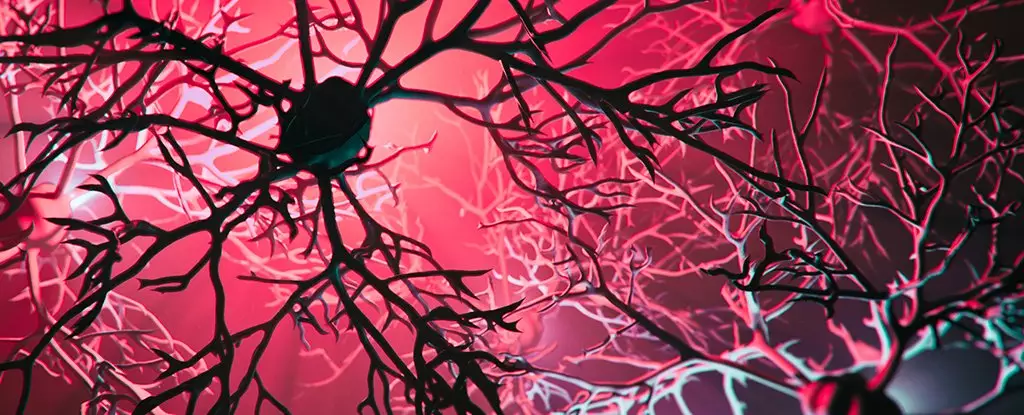In recent years, an intriguing link has emerged between HIV, antiretroviral therapy, and multiple sclerosis (MS). Numerous case studies have shown that individuals with MS who began antiretroviral treatment for HIV experienced either a complete disappearance of MS symptoms or a significant slowdown in the disease’s progression. These findings have prompted researchers to investigate whether HIV or antiretrovirals could impact the likelihood of developing MS. Now, a groundbreaking study published in the Annals of Neurology provides valuable insights into this complex relationship.
Addressing the impact of HIV and antiretroviral drugs on MS requires a comprehensive analysis of large groups of individuals living with HIV. Previous studies attempting to explore this connection were limited by small sample sizes or a lack of data on antiretroviral treatment. To overcome these limitations, the study in question drew from extensive population-based health databases and clinical HIV and MS registries in British Columbia, Canada, and Sweden. By including virtually every HIV-positive person in those regions, dating back to 1992 in Canada and 2001 in Sweden, the researchers obtained a robust dataset for their investigation.
Unveiling the Findings
The study followed over 29,000 people living with HIV for an average of nearly ten years. During this period, only 14 individuals developed MS, which was 47% fewer cases than expected based on the general population’s data. Notably, the risk of MS was even lower among those who had received antiretroviral therapy, with an astonishing 45% fewer cases than anticipated. Digging deeper into the data, the researchers discovered that women had a particularly significant reduction in MS risk, with a remarkable 72% decrease compared to the general population.
While the study’s results do not definitively pinpoint whether the HIV virus or antiretroviral therapy is responsible for the decreased risk of MS, there are compelling biological explanations for both scenarios. HIV infection leads to the progressive loss of CD4+ T cells, a type of immune cell. These cells also play a role in the development of MS by triggering the inflammation of the brain and spinal cord. Therefore, a lower CD4+ T cell count resulting from HIV infection might reduce the likelihood of MS onset.
On the other hand, the finding that MS risk is lower when the HIV virus is suppressed by antiretroviral drugs suggests that treatment may play a role. One possible explanation is that antiretrovirals inhibit the activity of the Epstein-Barr virus, which is increasingly implicated in MS. By limiting the activity of this virus, HIV therapy could diminish both the risk of developing MS and the progression of the disease in those who already have it.
The discovery that HIV infection or antiretrovirals confer a protective effect against MS has far-reaching implications for our understanding of the disease’s causes and how it affects the body. Currently, available treatments for the relapsing form of MS do not halt the persistent progression seen in later stages of the disease. Therefore, the findings of this study may inspire a more concerted effort to explore whether antiretroviral drugs can slow down the progression of MS. By redirecting limited research resources, this approach could offer a more immediate solution to the urgent need for improved treatments aimed at preventing or delaying the progression of MS.
The fascinating connection between HIV, antiretroviral therapy, and MS opens up new avenues of research, providing hope for individuals living with MS and researchers alike. While further studies are needed to solidify the relationship between these factors, the profound reduction in MS risk observed among those living with HIV and using antiretroviral therapy is undeniably compelling. By delving deeper into this connection, we may eventually unravel the intricate mechanisms that underlie MS and develop novel treatments to combat this debilitating disease.


Leave a Reply